
Photo
This low-growing plant has evergreen heart-shaped leaves. The large jug-shaped flowers occur on the soil surface, often under decomposing leaves. This species, like many woodland herbs, has ant...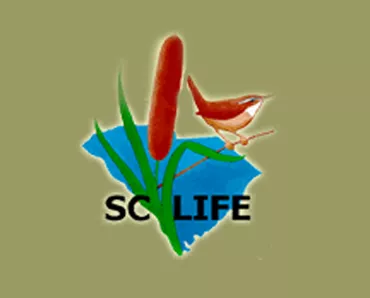
Take a virtual field trip to a South Carolina cove forest and a salt marsh. These virtual field trips were produced in collaboration between Clemson University's SC LIFE Project and South Carolina ETV. The virtual field trips were designed specifically for schools lacking easy access to natural areas.
The SC LIFE Project, supported by an award to Clemson University from the Howard Hughes Medical Institute Undergraduate Science Education Program, uses the natural history of South Carolina (and the Southeast) to illustrate basic biological concepts and to stimulate inquiry-based learning. The SC LIFE Program serves elementary, middle and high school students and teachers. The target grade level of the SC LIFE Virtual Field Trips content is middle school.
SC LIFE materials are available for use only in non-profit educational activities. Any other uses, including activities involving fees for instruction and/or materials, must receive permission from the SC LIFE Project Director. Contact SC LIFE Project Office, 132 Long Hall, Clemson, SC 29634, 864-656-4224, with questions about any of our SC LIFE materials or programs.

Photo
This low-growing plant has evergreen heart-shaped leaves. The large jug-shaped flowers occur on the soil surface, often under decomposing leaves. This species, like many woodland herbs, has ant...
Photo
Trilliums are easily recognized by having a single whorl of three leaves and one conspicuous flower. The large white flowers of this species are initially white but change to pink as the flower ages...
Photo
A good way to begin unravelling the riddles of nature is to ask "Why?" questions. Why are mosquitoes generally most active in the early morning and evening hours? Why do maples have winged fruits, as...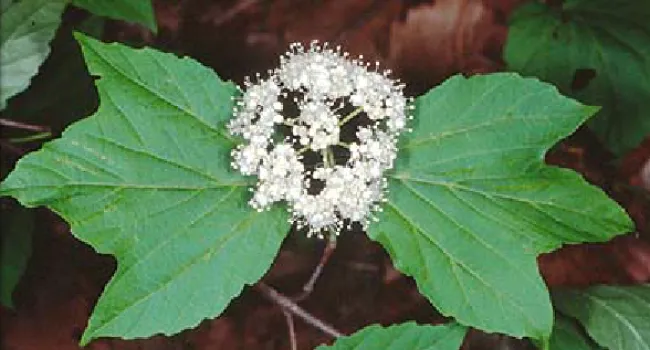
Photo
(Viburnum acerifolium) This small clump-forming shrub that has three-lobed leaves that resemble maple leaves, hence the common name. Maple-leaf viburnum has showy clusters of white flowers that give...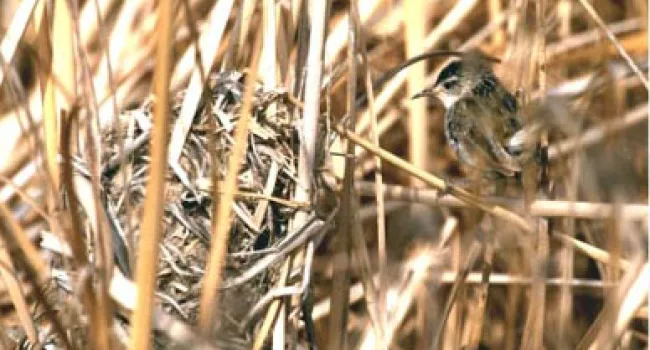
Photo
The wrens build their nests in the tips of living Spartina. The nests are made out of dead Spartina. They are not open, but are covered, so the nest looks like a ball of dead grass. There is a hole on...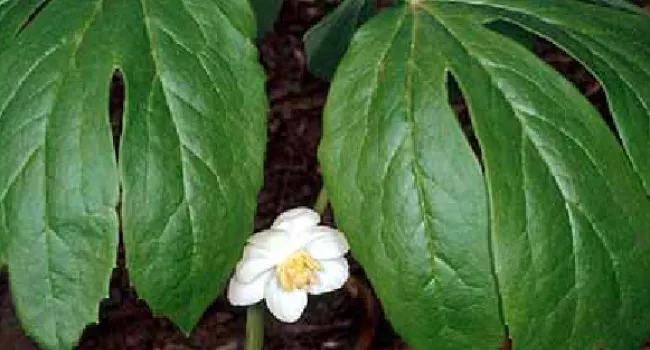
Photo
(Podophyllum peltatum) This widespread herb forms dense carpets on the forest floor in early spring. Single large white flowers with yellow centers hang down beneath the large umbrella-like leaves...
Photo
Cove forests are also called "mixed mesophytic forests." The term, "mixed mesophytic forest" refers to a mixture of tree species adapted to relatively cool, moist environments and rich soils...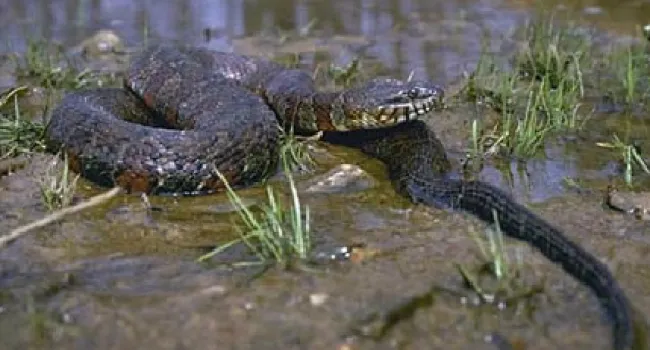
Photo
(Nerodia sipedon) This aquatic snake is usually found in slow moving bodies of water. This snake is often found basking on logs in the water or on rocks close to the body of water. Fish and amphibians...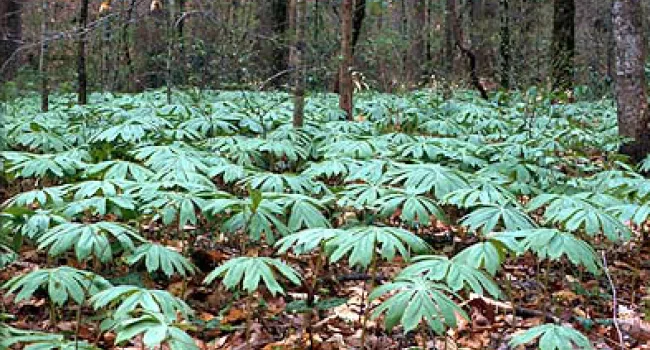
Photo
Cove forests typically have deep nutrient-rich soils that are less acidic than surrounding areas. A favorable soil, coupled with a relatively cool, moist environment, promotes a rich diversity of...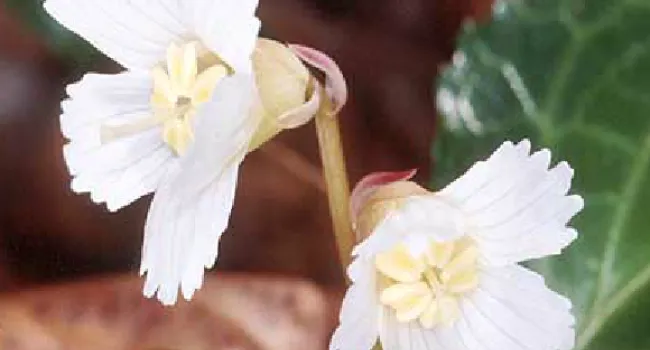
Photo
(Shortia galacifolia) A small evergreen species related to galax with white flowers produced in March. It was discovered ty the French botanist Andre Michaux in 1787 growing at the confluence of the...